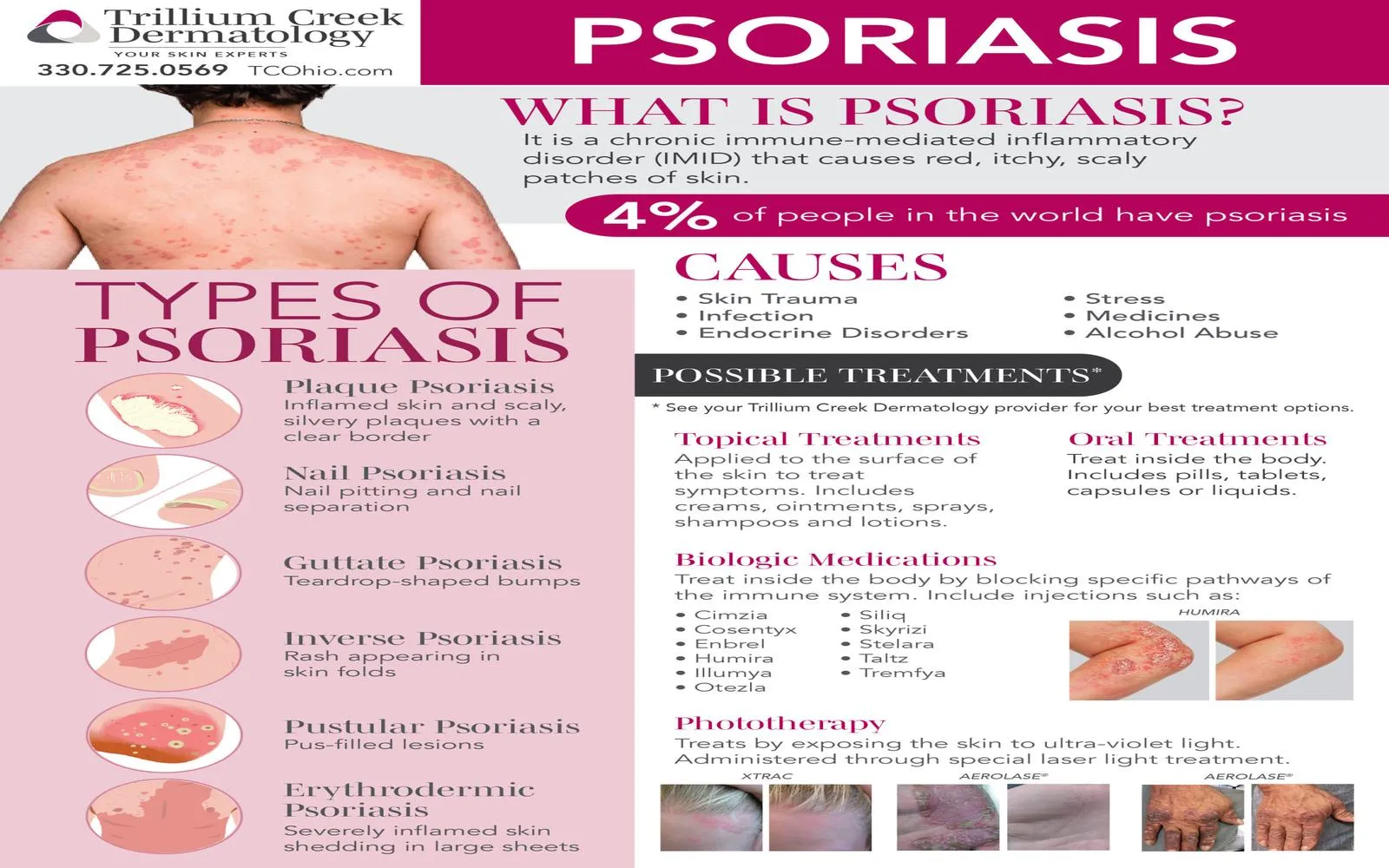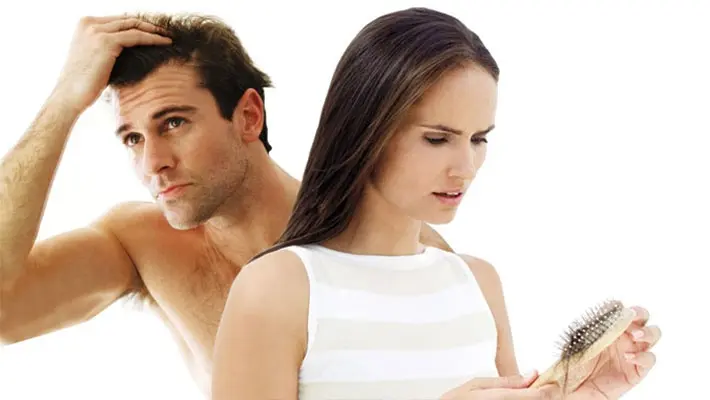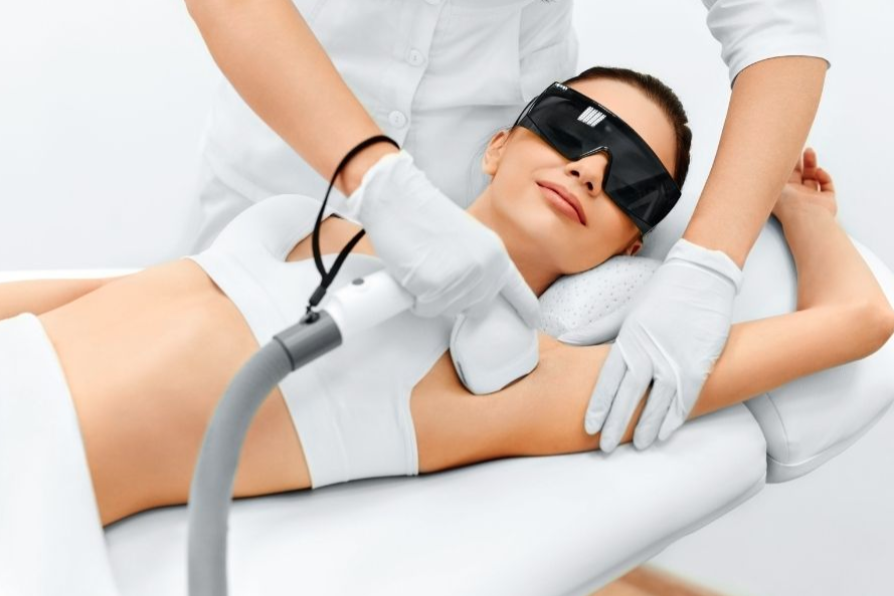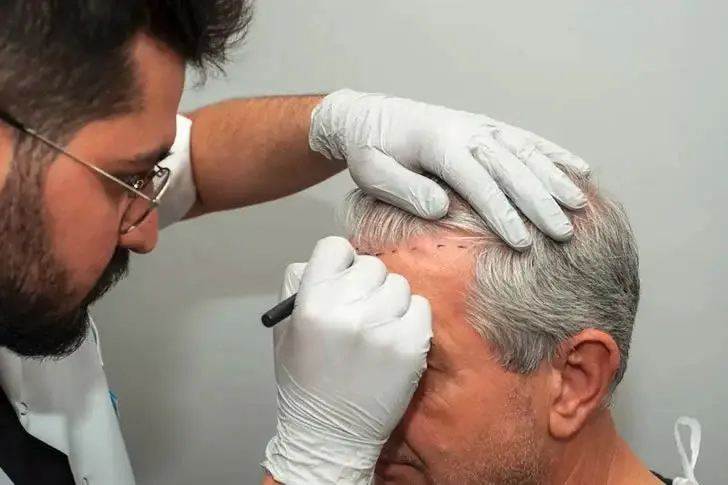Hair loss can be a distressing experience for many individuals, impacting self-esteem and confidence. Fortunately, various hair regrowth solutions are available that have proven effective for many people. This article explores some of the most reliable options for hair regrowth, detailed in the following chart for easy reference.
Understanding Hair Loss
Before diving into solutions, it's crucial to understand the underlying causes of hair loss. Factors like genetics, hormonal changes, nutritional deficiencies, and stress can contribute to thinning hair. Identifying the root cause is essential to finding the right hair regrowth treatment.
Proven Hair Regrowth Solutions
Here’s a breakdown of some of the leading solutions for hair regrowth:
| Solution | Description | Effectiveness |
|---|---|---|
| Minoxidil | An over-the-counter topical treatment that stimulates hair follicles and promotes regrowth. | Effective for many users, especially those in the early stages of hair loss. |
| Finasteride | A prescription oral medication that reduces hormone levels contributing to hair loss. | Highly effective for men; results may take several months to appear. |
| Low-Level Laser Therapy (LLLT) | A non-invasive treatment that uses laser light to stimulate hair follicles. | Effective for both men and women; results vary based on individual response. |
| Hair Transplant Surgery | A surgical procedure that moves hair follicles from a donor site to areas of thinning or no hair. | Permanent solution with natural-looking results; requires recovery time. |
| Platelet-Rich Plasma (PRP) Therapy | A treatment where a patient's blood is processed to extract growth factors, which are then injected into the scalp. | Promising results, especially for those with early-stage hair loss. |
| Nutritional Supplements | Vitamins and minerals that support hair health, like biotin, iron, and zinc. | Can boost hair health but may not be effective for everyone. |
Minoxidil: The Topical Solution
Minoxidil is perhaps the most well-known over-the-counter treatment for hair loss. Available in both liquid and foam formulations, it is applied directly to the scalp. The active ingredient works by increasing blood flow to hair follicles, which can help stimulate hair growth. Many users report seeing results within a few months, especially if they start treatment early. However, continuous use is necessary to maintain results.
Finasteride: The Prescription Option
Finasteride, sold under the brand name Propecia, is a prescription medication that targets the hormonal causes of hair loss. By inhibiting the conversion of testosterone to dihydrotestosterone (DHT), it helps slow down hair loss and can stimulate regrowth. While it is generally effective for men, it is not recommended for women, particularly those who are pregnant or may become pregnant due to potential side effects.
Low-Level Laser Therapy (LLLT)
Low-Level Laser Therapy is a non-invasive treatment that has gained popularity in recent years. Devices such as laser combs, helmets, and caps are designed to deliver low-level laser light to the scalp. This light is believed to stimulate hair follicles and promote hair regrowth. While many users report positive results, it’s essential to be patient, as it may take several months to see noticeable improvements.
Hair Transplant Surgery
Hair transplant surgery is a more permanent solution for hair loss. During this procedure, hair follicles are harvested from areas of the scalp with dense hair and transplanted into thinning or bald areas. This option is highly effective, providing natural-looking results. However, it is a surgical procedure that requires careful consideration, including recovery time and potential costs.
Platelet-Rich Plasma (PRP) Therapy
Platelet-Rich Plasma (PRP) therapy is an innovative treatment gaining traction among individuals seeking hair regrowth solutions. The process involves drawing a small amount of the patient's blood, processing it to concentrate the platelets, and then injecting it into the scalp. The growth factors in PRP are thought to stimulate hair follicles and promote growth. Many patients report positive outcomes, especially when combined with other treatments.
Nutritional Supplements for Hair Health
Nutritional deficiencies can lead to hair loss, making nutritional supplements a vital consideration. Supplements rich in biotin, iron, zinc, and other essential nutrients can support hair health. While they may not directly stimulate regrowth, ensuring your body has the necessary nutrients can help maintain existing hair and improve overall scalp health.
Conclusion
Finding the right hair regrowth solution can be a journey of trial and error. Each option has its benefits and limitations, and what works for one person may not work for another. It's crucial to consult with a healthcare provider or a dermatologist to determine the best course of action based on individual needs and circumstances. With the right approach, many individuals can find effective solutions to combat hair loss and promote regrowth.









